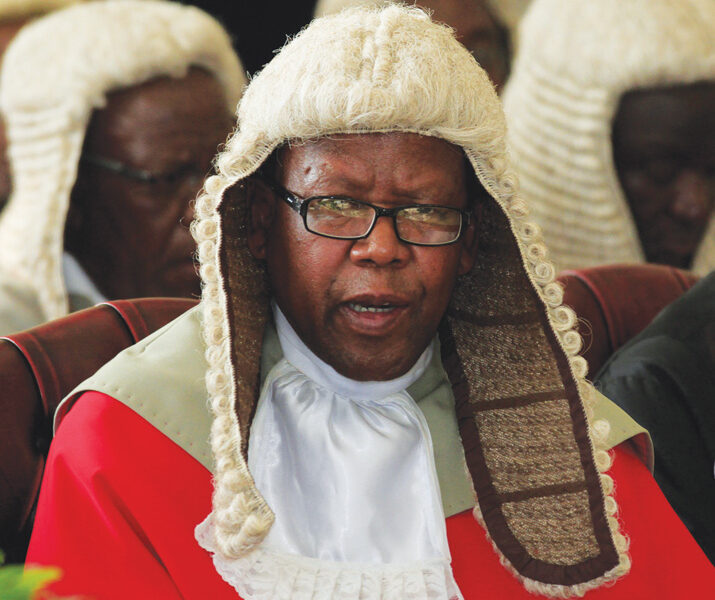Botswana’s democracy has shown no signs of development in 2013. Most political events of the year showed an increasing democratic deficit in the country. Democracy can consolidate through a change of government whereby a ruling party is voted out and accepts defeat and handover power in a smooth transition. It can also come about through the development of all democratic institutions such as parliament, the judiciary, the media and civil society as well as other institutions supporting democracy or oversight bodies.
Democracy in 2013 has become more elitist. The ruling elites continue to be celebrities with power, wealth and influence whilst the enfeeble masses remain spectators outside. The elite, in a paternalistic type of democracy, monopolizes wisdom, knowledge and the truth. They refuse to answer to the people through the media, civil society, parliament and local councils on the disposal of their powers and duties, and detest acting upon criticism or requirements made of them and never accept responsibility for failure, incompetence, or dishonesty. Developing the country’s democracy and the socio-economic well being of the masses is not their priority.
The President enjoys sweeping constitutional and other powers; he is the nerve center of the polity and empowered to decide alone. He does not directly account to parliament and cannot be removed by it. The Presidency effectively runs the country’s elections and decides election date. The recent postponement of the Francistown West bye-elections is instructive of the executive dominance of the electoral process.
Parliamentarians are willing to hold the executive accountable and have shown the zeal during the Public Accounts Committee hearings and Botswana Development Corporation and Botswana Meat Commission investigations as well as during other important debates in parliament. However, the institution is effectively a department of the Office of the President, budgeted and staffed by it. It is convened, prorogated and adjourned by the President. It lacks real powers to enforce its decisions and has turned into Maokaneng.
The industrial relations remain acerbic; public sector unions are de facto precluded from striking for purposes of collective bargaining. A strike results in no-work-no-pay, dismissals, demotions, forced transfers, victimization, withdrawal of government assistance, privatization through outsourcing and contracting out and deliberate sabotage of the negotiations institutions.
The country’s judiciary is in a state of near crisis. The system of appointment of justices is a thorny debate; it is not transparent, lacks accountability and does not pass the democracy test. Some judges are incompetent whilst others clearly serve the interests of the appointing authority. Public confidence in some judges in particular and the judiciary in general is waning. The recent fight between the Chief Justice and other judges over forum shopping and bribery allegations prove that all is not well in the institution.
What obtains in some political parties is oligarchy; a rule by a few. Internal-party democracy has deteriorated to the point of collapse in some political parties. Some parties lost many senior members and are being sued in multiple cases registered with the High Court. The ruling party failed to run its primaries well and lost its chairman. All in all, the country’s democracy is in serious danger from elitism, non-accountability and corruption as well as general lackadaisical approach to issues of unemployment, poverty, inequalities and lack of access to services and opportunities.

